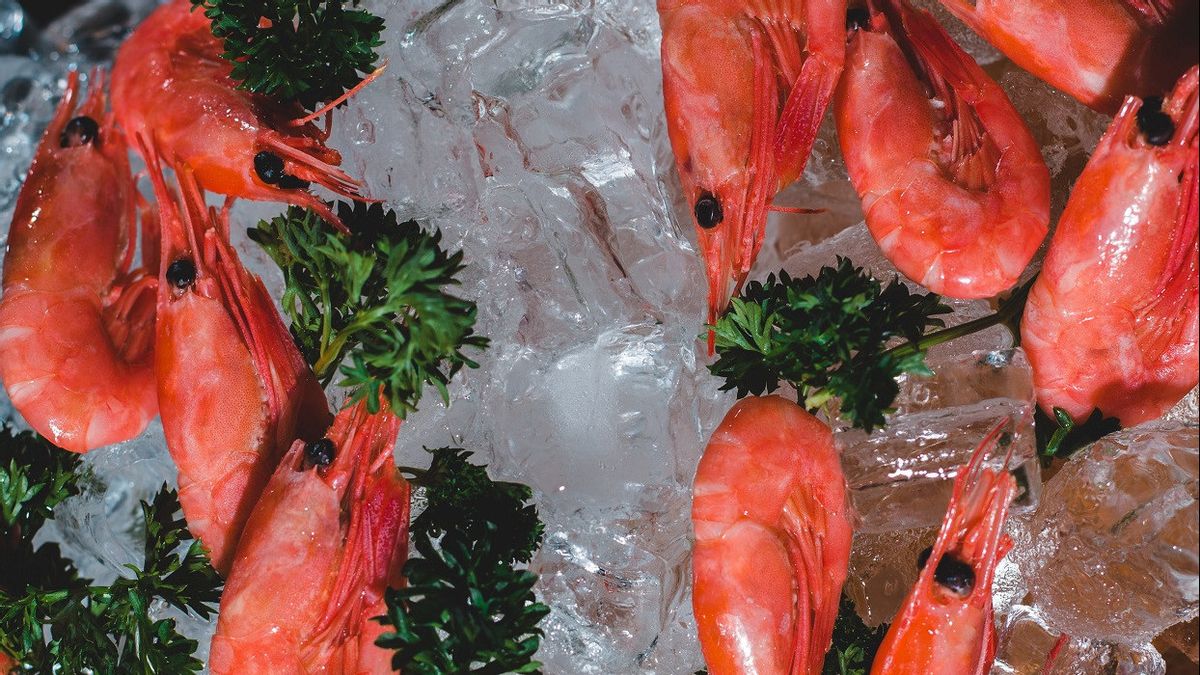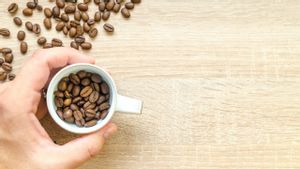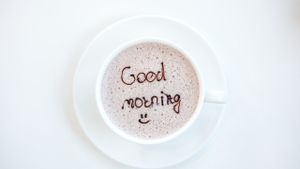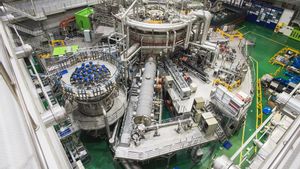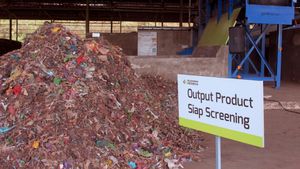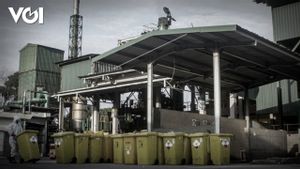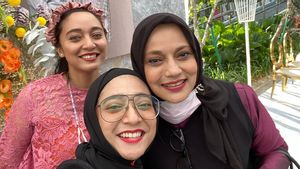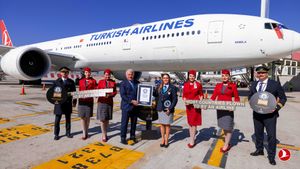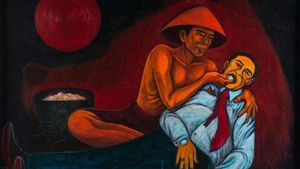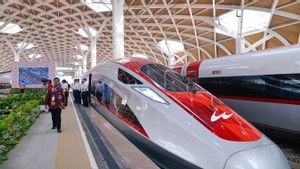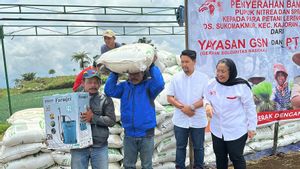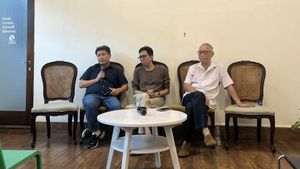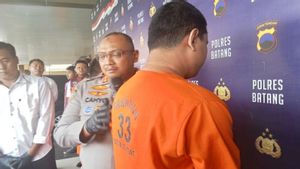JAKARTA - Having a renewable energy source is very important today. Sun and wind are widely used, but depending on the weather. One of the backup or alternative energy sources is the battery.
However, batteries contain materials that are not easily available or found in everyday life, as a source of energy. In fact, the battery is one solution to prevent energy waste.
Well, recently a project led by Spanish researcher Francisco Martin-Martinez, with scientists from the Massachusetts Institute of Technology (MIT), managed to find an innovative new material for making batteries.
The innovative new material, chitin, is derived from shrimp shells and extracted, to produce electrodes to form a vanadium flow battery.

"We propose to produce this vanadium flow battery electrode from chitin, a material from shrimp shells, which, in addition to carbon, contains nitrogen," explains Martinez, a Chemical Engineer.
"Chitin is a polysaccharide, similar to cellulose, which is found in the exoskeleton of crustaceans and insects," continued the study's lead author.
The research, published in 'ACS Sustainable Chemistry & Engineering', concludes that shrimp shells can be used to make batteries that store a lot of alternative energy without becoming too expensive.
"Vanadium redox flow batteries, unlike lithium batteries used in the automotive industry. Do not provide a high energy density, but provide large amounts of energy storage at low cost, which makes them ideal for storing energy from renewable sources, such as solar and wind electricity in which the energy production is intermittent," he explained.
SEE ALSO:
Making batteries from food waste can also provide a sustainable way to save this energy without the problem of sourcing lithium.
"Obviously, there are carbon electrodes that can produce better performance, but the key to this project is to produce such electrodes from waste material, in this case, chitin from shrimp shells," he concluded.
The English, Chinese, Japanese, Arabic, and French versions are automatically generated by the AI. So there may still be inaccuracies in translating, please always see Indonesian as our main language. (system supported by DigitalSiber.id)
